

The Foreign Office of Pakistan has firmly denied Indian media claims that it closed the Wagah border to its own citizens. These allegations surfaced after tensions between India and Pakistan escalated due to a deadly attack in Pahalgam, in Indian Illegally Occupied Jammu and Kashmir (IIOJK), on April 22. The attack claimed the lives of 26 people, mostly tourists, and is considered one of the deadliest in the region in recent years. India quickly pointed fingers at cross-border elements, implying Pakistani involvement, but failed to provide any evidence. In response, Pakistan strongly rejected the allegations and called for a fair, independent international investigation.
One of India’s major newspapers, the Times of India, reported that Pakistan had refused to open the Wagah border gate, allegedly leaving several Pakistani citizens stranded in the no-man’s-land area between the two nations. However, Pakistan’s Foreign Office labeled the report as “baseless and misleading,” stating that no such closure occurred from their side.
This incident comes at a sensitive time, with relations between the nuclear-armed neighbors already strained. Pakistan’s denial aims to prevent further misinformation and urges responsible media reporting, especially when tensions are high. The situation highlights how media narratives can further inflame diplomatic disputes if not handled carefully.
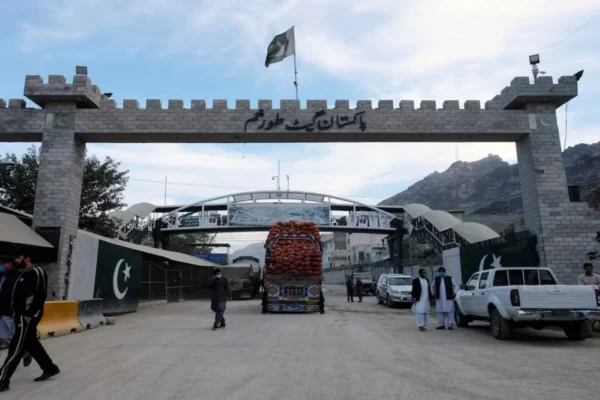



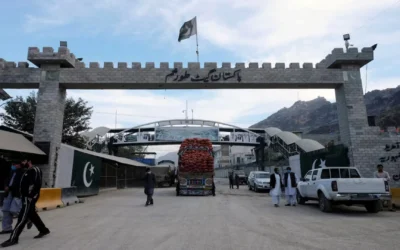

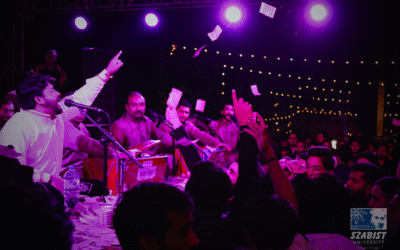

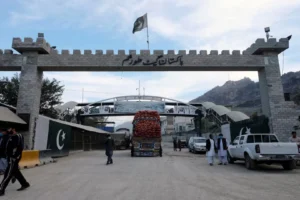





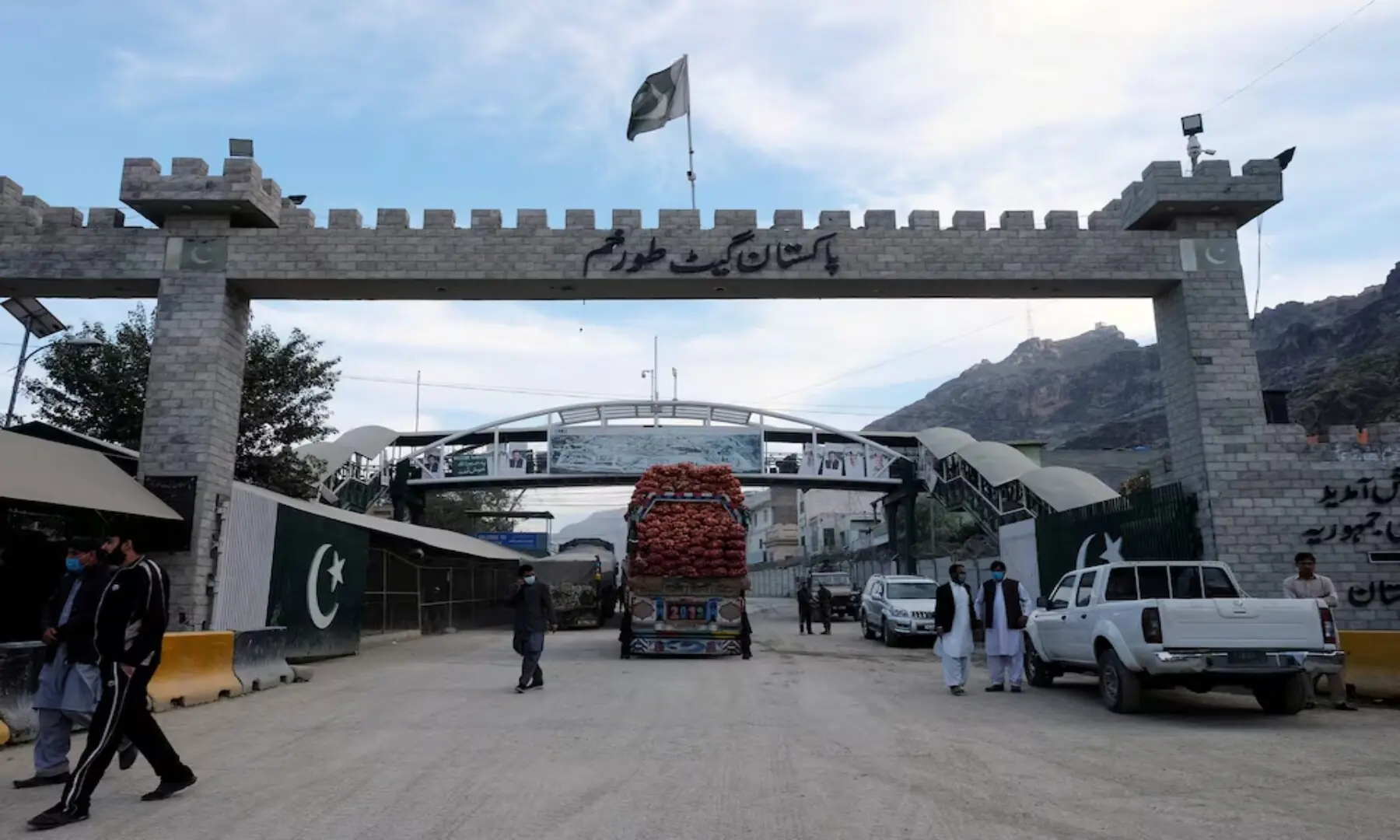

Alright, so I downloaded the zh88gameapk. Installation was simple, even for a tech dummy like me! Games are fun, good way to kill some time. Find it here: zh88gameapk